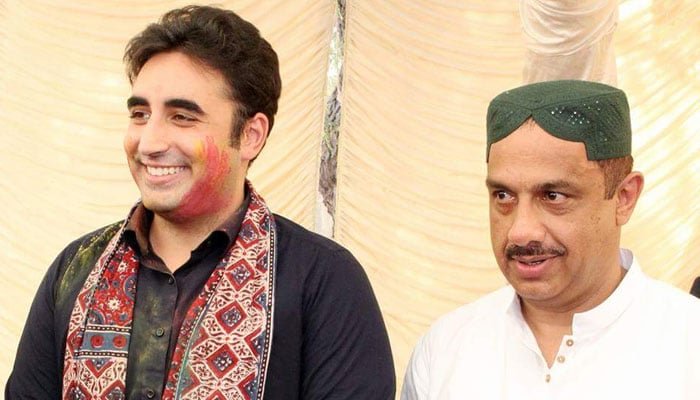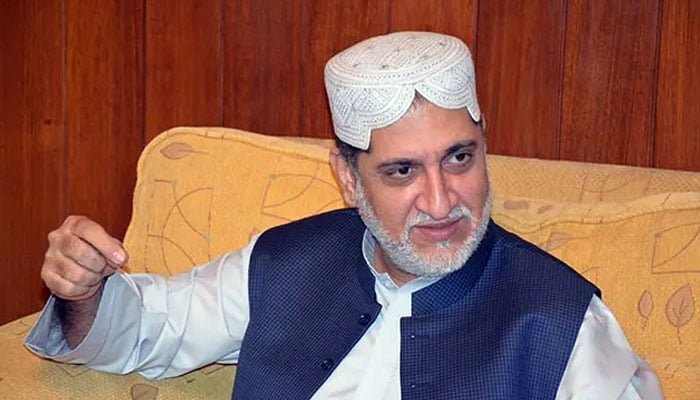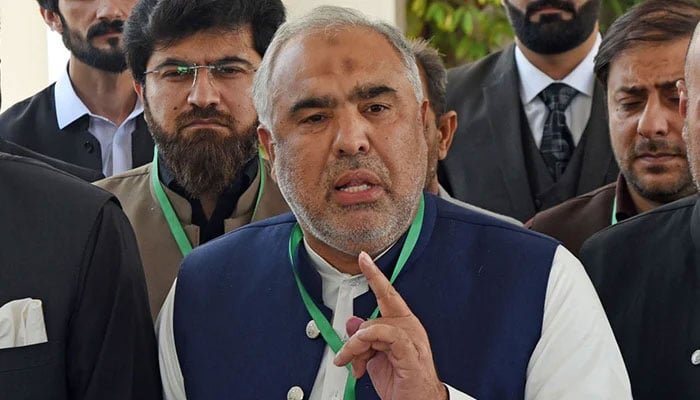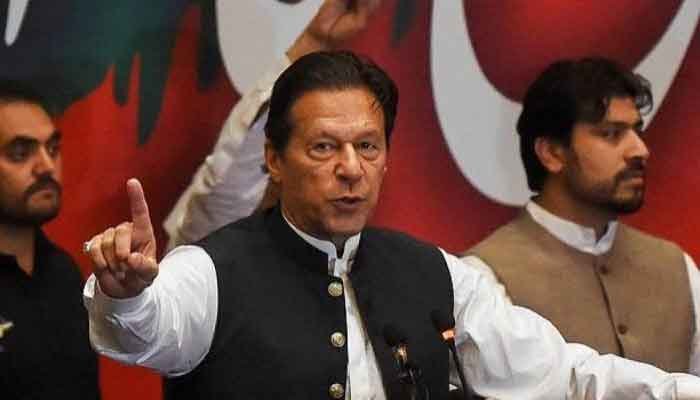In a significant political development in Karachi, former Sindh Minister Irfan Gul Magsi, previously associated with the Pakistan Peoples Party (PPP), has officially joined the Muttahida Qaumi Movement (MQM). Irfan Gul Magsi made the announcement of his inclusion in MQM during a press conference, where he was accompanied by Mustafa Kamal, the senior deputy convener of MQM.
During the event, Irfan Gul Magsi emphasized his historical association with the PPP, stating that he had served as a provincial minister and felt a deep connection with the party. However, he expressed a sense of neglect towards Karachi and Hyderabad, claiming that these cities have been consistently overlooked. His decision to join MQM is seen as a strategic move to align himself with a party that has a strong presence in urban Sindh.
Simultaneously, Mustafa Kamal took the opportunity to criticize Bilawal Bhutto Zardari, chairman of PPP, accusing him of directing efforts towards achieving victory in Punjab rather than addressing the concerns of Karachi. Mustafa Kamal remarked that Bilawal Bhutto cannot claim to transform Lahore into Karachi, emphasizing the unique challenges faced by the two cities. He went on to suggest that Bilawal Bhutto’s aspirations to become the Prime Minister might be driven by ambitious dreams rather than a realistic understanding of the political landscape.
Irfan Gul Magsi’s decision to switch allegiances has sparked internal criticism within the PPP ranks. His move to join MQM, a party that historically held sway in urban centers, adds another layer of complexity to the political dynamics in Sindh. As Karachi remains a crucial battleground for political influence, the entry of Irfan Gul Magsi into MQM’s fold raises questions about the evolving political alignments and power dynamics in the province.
While MQM gains a prominent figure from Sindh’s political landscape, PPP faces the challenge of addressing internal dissent and reaffirming its commitment to addressing the concerns of urban areas, especially in the wake of increasing competition from rival political factions.



